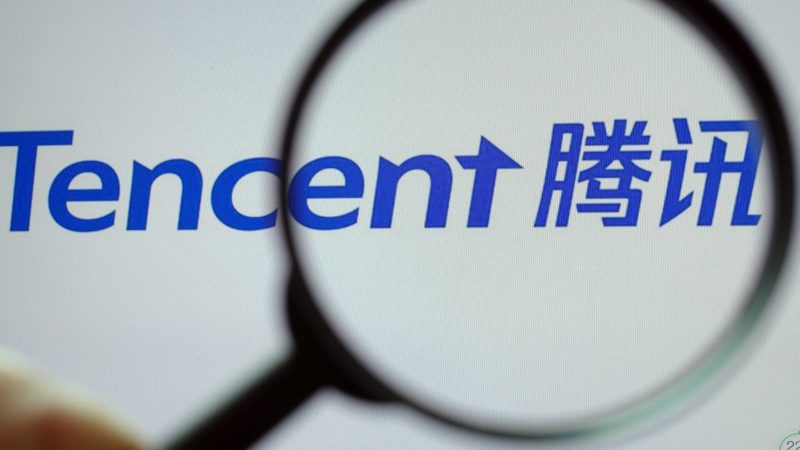The Alibaba-backed electric vehicle maker, Xpeng, has been fined 100,000 RMB ($15,710) by Shanghai’s market watchdog for the “illegal” collection of over 430,000 facial images of consumers during the period between January and June, as according to the Chinese media the Global Times on 15 December.
It is understood that the company had purchased 22 cameras with facial recognition functions and installed them across seven of its offline stores in Shanghai, per notice for the penalty published by the local authority. The equipment has been employed to count the number of people entering the local stores and to analyse the gender and age of those visitors, however, all this has been done without informing consumers, nor has permission been sought.
The revelation of this illegal behaviour has soon sparked harsh public criticism, pushing the company to be one of the hot searches on China’s popular microblogging site Weibo, with over 110 million views. As the news broke out, Xpeng apologised and reassured the public saying, “all cameras have been removed from the stores and all facial data, which was collected by a third party, have been deleted”. Whilst Xpeng was quick to acknowledge guilt and rectify the situation, there are concerns over brand value not only in the immediate but also long term due to such practice.
Xpeng is not the first company being punished by the Chinese authority for the illegal collection of consumers’ facial images. According to China Media Group, more than 20 stores involved in brands including BMW 4S, and Kohler (an American plumbing product manufacturer) had been found for the same wrongdoing during this year’s World Consumer Rights Day on 15 March.
The latest fine imposed on Xpeng reflects the Chinese government’s tougher stance on protecting personal information, following the introduction of China’s first Personal Information Protection Law. The new law, which took effect this November, set out regulations on handling and processing “sensitive” personal data including biometric information, medical and health records, and financial accounts.
It is clear that with the authority doubling down on compliance scrutiny, in a bid to safeguard personal information, businesses will have to be more cautious around dealing with these data to be in line with the government’s rules.
Such caution would not only save businesses from unnecessary financial loss to fines but also prevent brands from being involved in controversies over illegal activities. These wrongdoings could severely impact a brand’s future development in the Chinese market, considering that Chinese consumers now have appeared to be less forgiving of brands with a stained reputation. In order to succeed in this market, companies need to not only gain but also maintain the trust of their consumer base or face resulting revenue loss if they are unable to do so.
Read more:









